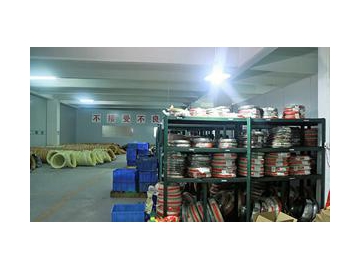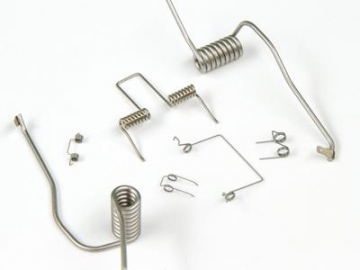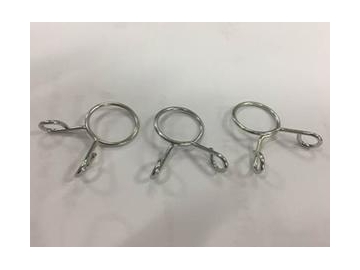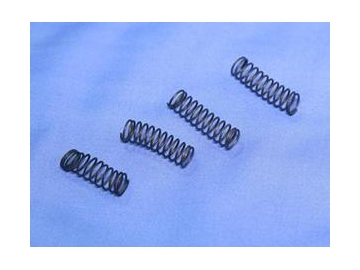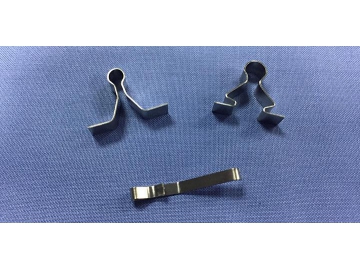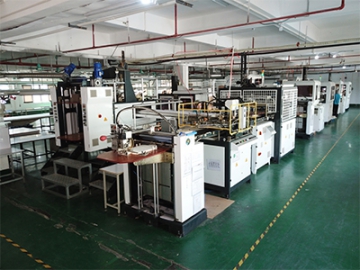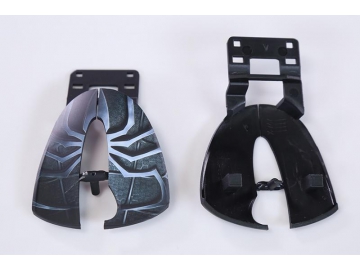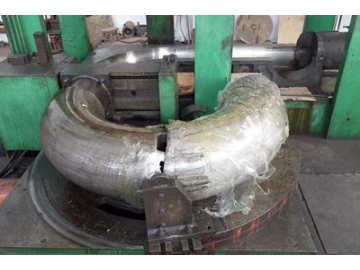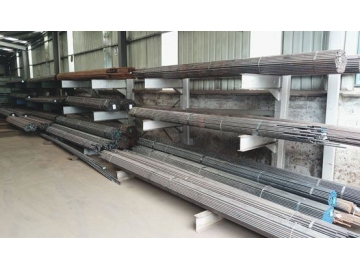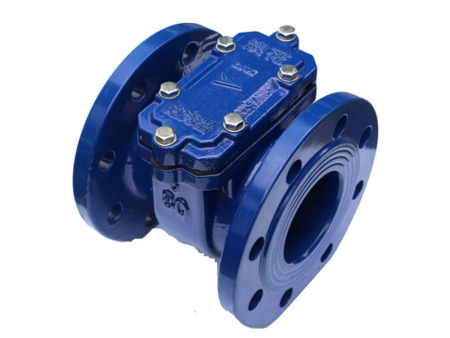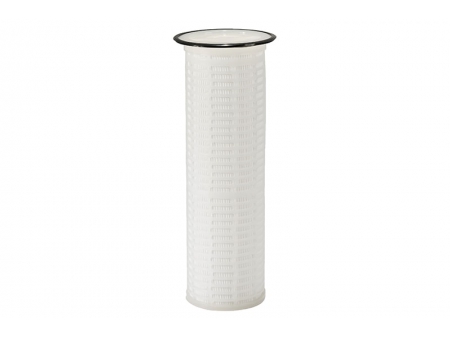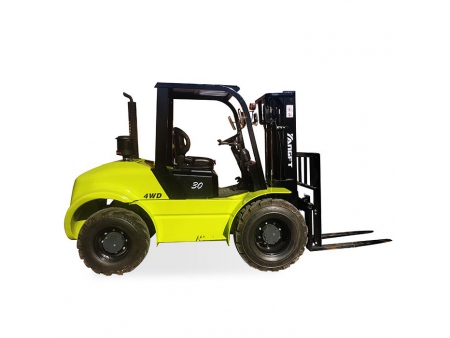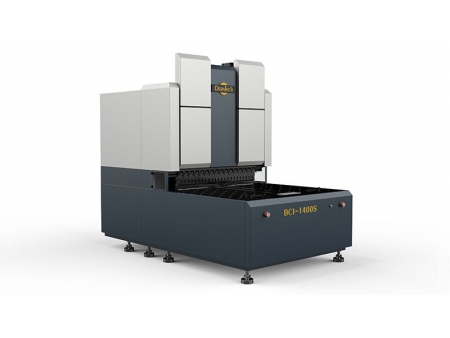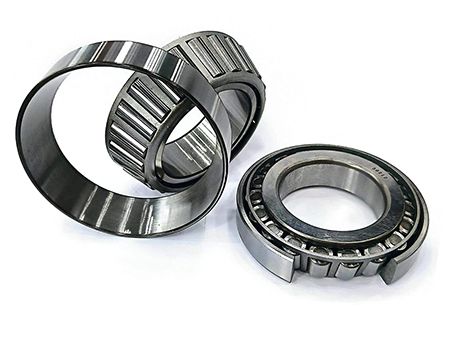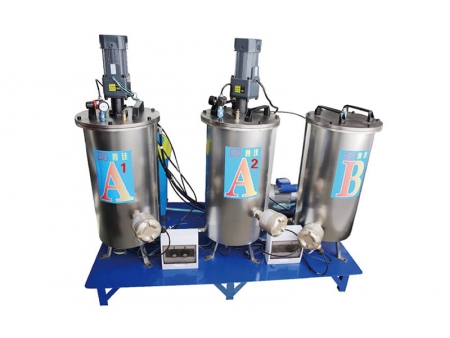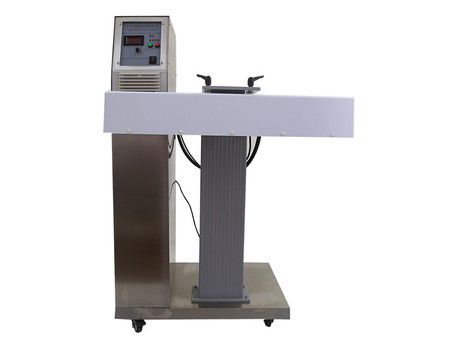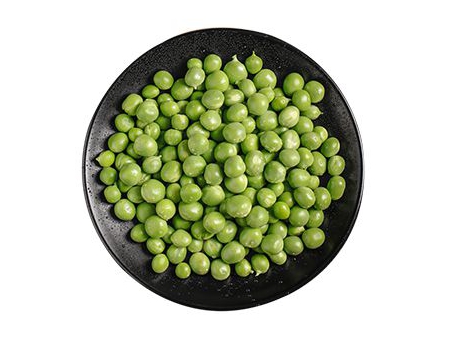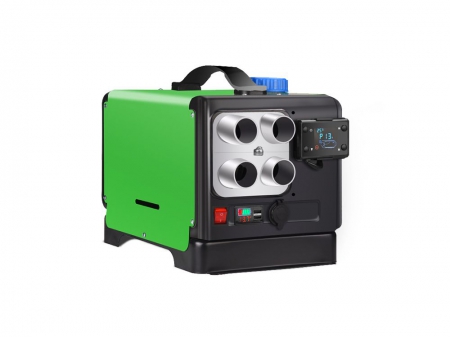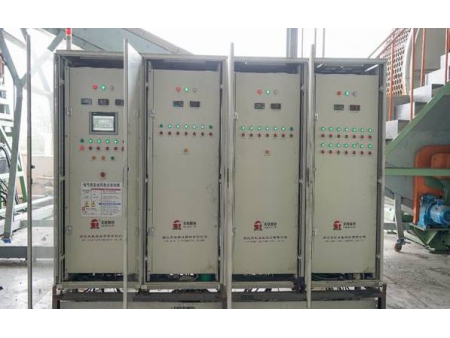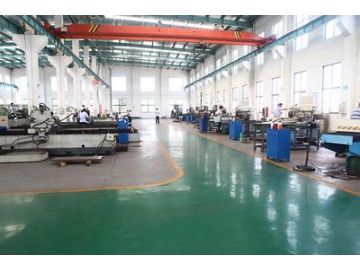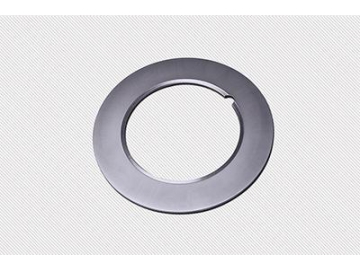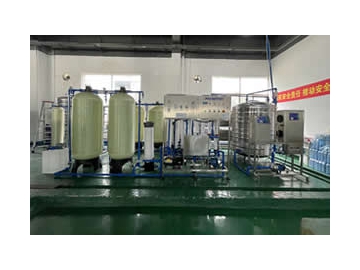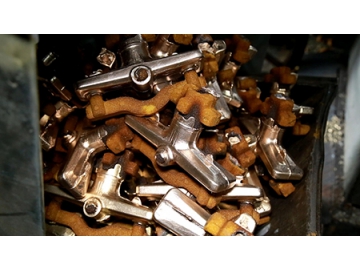Raw material and Surface Treatment
- Raw material
KLF can provide customers with standard and customized spring products. The raw materials we use in the production of our springs include stainless steel (17-7 and 316), high-carbon steel wire, alloy steel, high carbon steel wire, nickel-base alloy wire and hard-drawn steel wire. We can also use dissimilar metallic inclusions and their alloys to fabricate custom compression springs. These include BeCu, phosphor bronze, anti-corrosion hairspring alloy, hastelloy, inconel 600, inconel 718 and inconel x750.
High carbon steel wire: this material meets American ASTM A228, German DIN 17223, British BS5216, EU EN 10270-1, and Japanese JIS-G-3522 standards. It is also commonly used for high carbon steel alloys. We perform a cold-drawn treatment to ensure uniformity in its tensile strength. Use of high carbon steel wire springs is not recommended if the working temperature is more than 121℃ (250º F). The wire is suitable for powerful magnetic applications.
302 (304) or 316 stainless steel: these steel springs meet the standards of American ASTM A313, German DIN 17224, British BS2056, EU EN 10270-3, or Japanese JIS-G-4314.
Oil-quenching spring wire: this material meets American ASTM A229, German DIN 17223, British BS2803, or EU EN 10270-2 standards.
Oil-quenching chrome-silicon: this material meets American ASTM A401, German DIN 17223, British BS2803, or EU EN 10270-2 standards.
302 stainless steel: this material is used in spring construction because it has excellent corrosion resistance. All of our inventory of stainless steel springs undergo a passivation treatment so as to remove dirt and enhance their corrosion resistance. The use of stainless steel springs is not recommended when the working temperature is over 260℃(500°F). Additionally, this material is not highly magnetic. It is possible for some nickel residue on the surface, which has no effect on production performance.
316 stainless steel: this material features high corrosion resistance and contains molybdenum. Our inventory of 316 stainless steel is all processed using ultrasonic cleaning and passivation treatments. With properties of resistance to chlorine corrosion, this material is the preferred choice for marine devices. When the temperature is within 800-1575°F, the continuous use of this type spring is not recommended; otherwise, the spring is suitable for nearly anything.
Stress relieving: All of our springs undergo a stress relieving process to remove stress generated during the rolling process.
Zinc plating: All of the steel wire and inventory of our oil-quenching and heavy duty springs are galvanized following American ASTM B633 iron/zinc 5 kinds III standards. They are also heat treated to remove the risk of hydrogen embrittlement phenomenon. All high carbon steel wire instrument compression springs and tension springs feature a zinc or tin coating.
Nickel-plating: We adopt nickel-plating high carbon steel wire to manufacture unique battery contact springs. Most alkaline batteries are equipped with nickel-plated shells as nickel is an excellent conductor of electricity. Using similar materials can eliminate electrolytic corrosion and enhance abrasion resistance. Nickel can also help eliminate oxides from forming on the contact surface of the battery. The nickel coating not only enhances the overall corrosion resistance, but it optimizes conductivity and performance.
